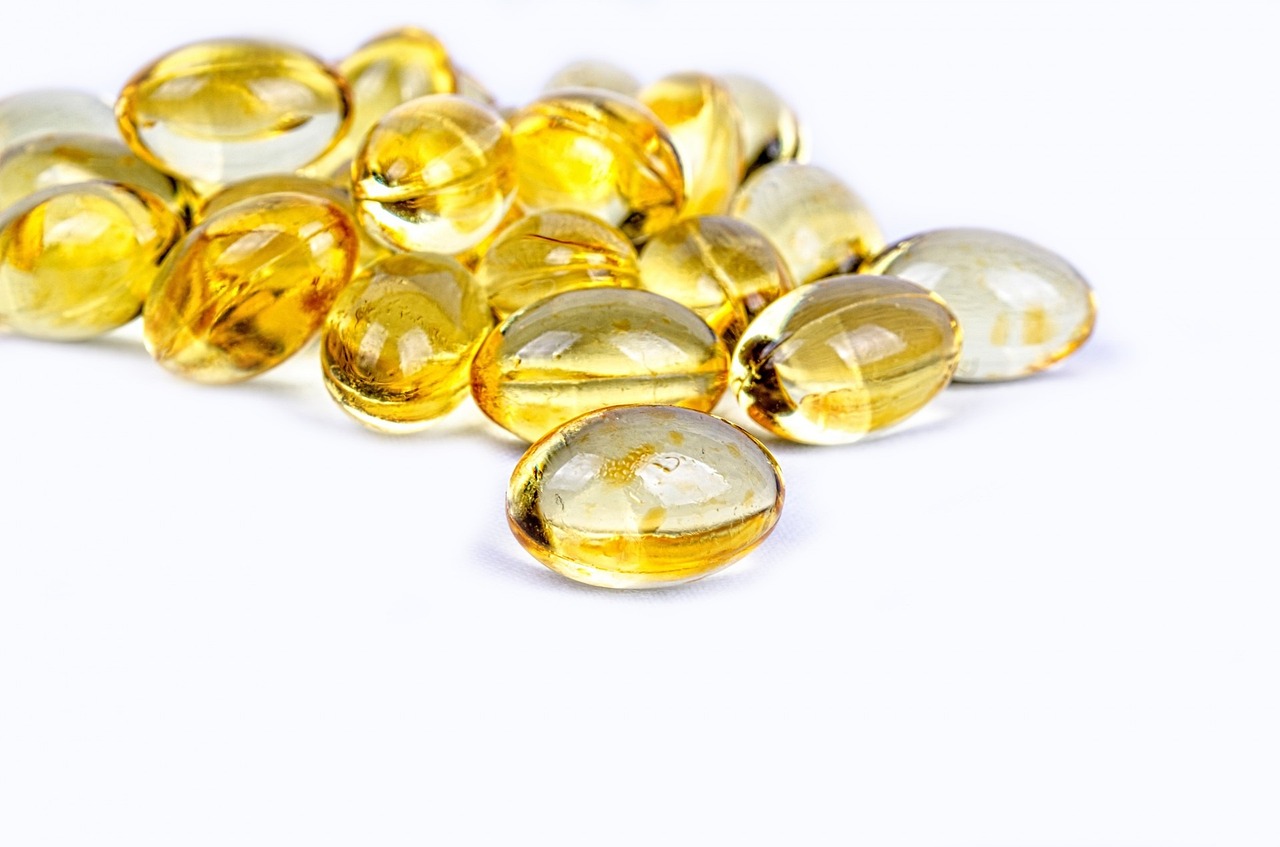I took a relatively high dose of vitamin D3 for years – decades, actually – believing that it might slow my multiple sclerosis progression or improve my symptoms.
I think it was my neurologist who suggested the supplement, and it’s not surprising. The Mayo Clinic’s website says vitamin D supplements may reduce the severity and frequency of MS symptoms. The MS Trust warns that having a low lever of the vitamin can be linked to more frequent relapses and increased disability.
A study of rats, published in the January, 2020 issue of Brain and Behavior, generated buzz in the MS patient community when it concluded: “treatment with VitD may contribute to remyelination.”
A review, published in the June, 2018 issue of Neurology and Therapy, noted that “numerous observational studies have suggested that there is a correlation between the level of serum vitamin D and MS risk and disease activity.”
But, while there seems to be a consensus that having a low vitamin D level may increase the risk of developing MS, there seems to be less agreement about whether boosting that level influences the course of the disease.
Is vitamin D worth taking?
A new meta-analysis, published in the February, 2024 issue of Multiple Sclerosis and Related Disorders, adds weight to that uncertainty. The review, of 9 studies totaling 867 participants who received ≥ 1000 IU/day of vitamin D3 over a 6 to 24 month period, revealed no significant reduction of their Expanded Disability Status Scores (EDSS), Annualized Relapse Rates (ARR), or the number of new T2 lesions seen on their MRIs. It concludes “The findings of this meta-analysis strengthen current evidence that vitamin D3 supplementation has no significant impact on clinical outcomes in patients with MS.”
It’s, obviously, too late for vitamin D to help lower my risk of developing the illness. And there seems to be no solid evidence that it encourages nerve remyelination or would improve any of my symptoms. There’s also the possibility that high doses of vitamin D could be harmful.
How much vitamin D3 is too much?
According to the National Institutes of Health, the daily recommended dose of supplemental vitamin D for someone between 1 and 70 years old is 600 IU. For an older person it’s 800 IU.
A few years ago, the Irish Medical Journal reported about a 45 year old MS patient who took 10,000 IU of vitamin D3 each day for almost 2 years. He became ill and was diagnosed with severe hypercalcaemia and an acute kidney injury.
NIH is blunt about the potential dangers:
“Getting too much vitamin D can be harmful. Very high levels of vitamin D in your blood (greater than 375 nmol/L or 150 ng/mL) can cause nausea, vomiting, muscle weakness, confusion, pain, loss of appetite, dehydration, excessive urination and thirst, and kidney stones. Extremely high levels of vitamin D can cause kidney failure, irregular heartbeat, and even death.”
In a review of vitamin D supplements taken by MS patients, published January 8, 2018 in the Multiple Sclerosis Journal, the authors write “more evidence is required before we can conclusively determine the role of vitamin D supplementation in established MS. Given its favorable safety profile, off-label vitamin D supplementation on a case-by-case basis may be reasonable.” The authors report that “most of our patients [at the Johns Hopkins MS Center] take between 2000 and 5000 IU/day vitamin D.”
That was what I’d been doing, swallowing a 5,000 IU pill every day. On my last visit to my neurologist I asked her, again, about vitamin D. “You spend 7 months each year in Florida, and you get plenty of sunshine,” she answered. “You shouldn’t need a supplement.”
So, I’ve ended my vitamin D3 supplement and will get my D from the sun.
(A version of this post first appeared as my column on the Rare Disease Advisor website.)
(Image by PublicDomainPictures from Pixabay)



